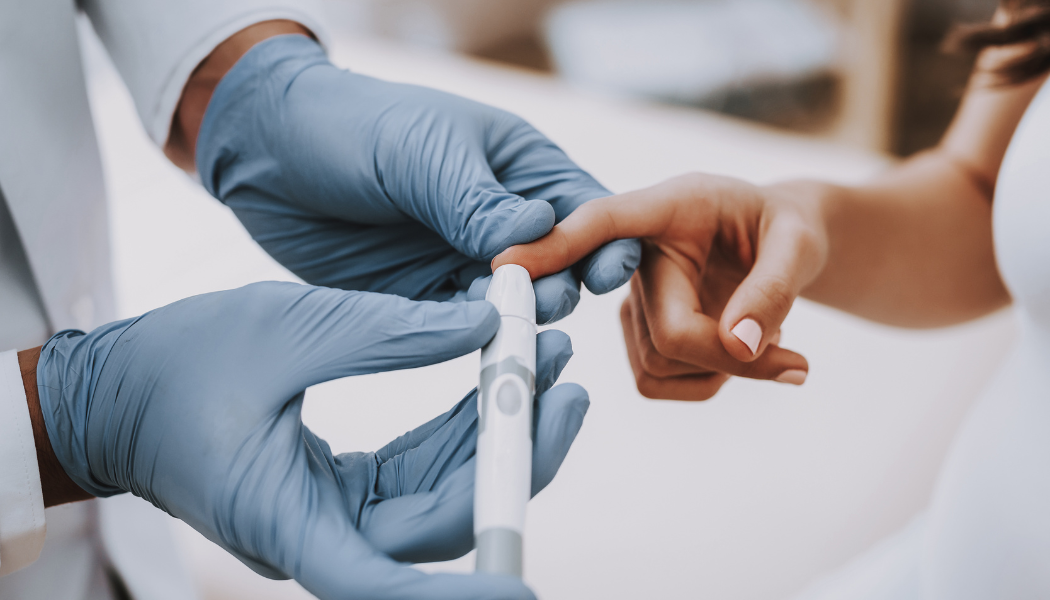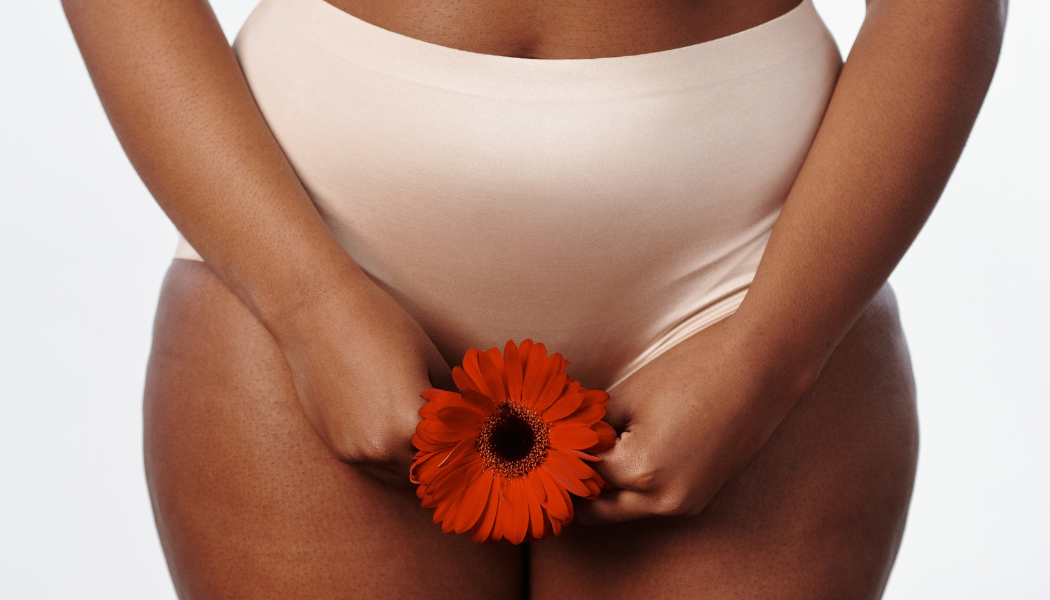Are My Diabetic Meds Causing Yeast Infections?

Introduction
If you have diabetes, you may be more prone to yeast infections. That's because high blood sugar levels create the perfect environment for yeast to grow. More than half of all women with diabetes get yeast infections at some point, and men can get them, too.
Here is what you need to know about the link between diabetes medications and yeast infections.
Yeast infections are caused by an overgrowth of the Candida fungus. This can happen when there is a change in the pH balance of the vagina, which can be caused by certain diabetes medications.
Some diabetes medications cause changes in blood sugar levels, which can create an environment that is conducive to yeast growth.
If you are taking diabetes medication and you are experiencing symptoms of a yeast infection, it might be a good idea to find a product (natural product) that will help maintain a normal pH balance, we know that you can't stop your medication so it is wise to do what you can to keep the imbalance at bay.
What Are Yeast Infections?
Yeast infections are a type of fungal infection that can affect different parts of the body, including the skin, mouth, and genitals. They’re most common in women, but men can get them too.
What Are the Symptoms of a Yeast Infection?
If you think you might have a yeast infection, it's important to see your doctor. But in the meantime, here are some of the most common symptoms:
- itching and burning around the vulva
- redness and swelling of the vulva
- pain during sex
- thick, white, odorless discharge
- pain or burning when urinating
You may also experience a yeast rash underarms, around your waist and inner thighs...just about any where you might sweat.
If you're experiencing any of these symptoms, it's best to see a doctor as soon as possible.
What Are the Causes of a Yeast Infection?
While there are many different causes of a yeast infection, one that is very common is the use of diabetes medication. Medications like metformin and insulin can cause changes in your body's natural levels of glucose, which can lead to an overgrowth of yeast.
Other common causes of yeast infections include pregnancy, birth control pills, a weakened immune system, and antibiotics. If you're susceptible to yeast infections, it's important to be aware of the things that can trigger one.
How Can I Treat a Yeast Infection?
If you have a yeast infection, there are a few things you can do to treat it. First, you'll need to see your doctor to get a prescription for an anti-fungal medication, there are also a lot of natural remedies to help with yeast infections. Rx meds can be in the form of a cream, ointment, or pill.
You can also try some home remedies to soothe yeast infection symptoms. Soak in a warm bath with a few drops of tea tree oil or lavender oil, V-Blissful and Man Bliss both have these ingredients in them if you are into natural remedies instead of synthetics.
Or, try applying a cold compress to the affected area for a few minutes at a time. Drink plenty of fluids and eat yogurt with live cultures to help restore the balance of bacteria in your body.
How Can I Prevent a Yeast Infection?
There are a few things you can do to prevent a yeast infection if you have diabetes. First, be sure to control your blood sugar levels. High blood sugar levels can make you more susceptible to developing a yeast infection. Second, practice good hygiene. Be sure to clean your genital area thoroughly and regularly. third, avoid tight-fitting clothing. Wearing tight-fitting clothing can trap moisture and heat, which can make it easier for yeast to grow. Finally, don't use douches or other vaginal cleansing products. These products can disrupt the natural balance of bacteria in your vagina and make you more susceptible to developing a yeast infection.
Conclusion
So, to recap: if you have diabetes, you're at a higher risk for developing yeast infections. And if you're taking diabetes medication, you may be more susceptible to yeast infections as well.
If you think you may have a yeast infection, it's important to see your doctor so they can confirm the diagnosis and prescribe the appropriate treatment. In the meantime, there are a few things you can do to help prevent yeast infections, like practice good hygiene, use condoms during sex, and avoid douching.


